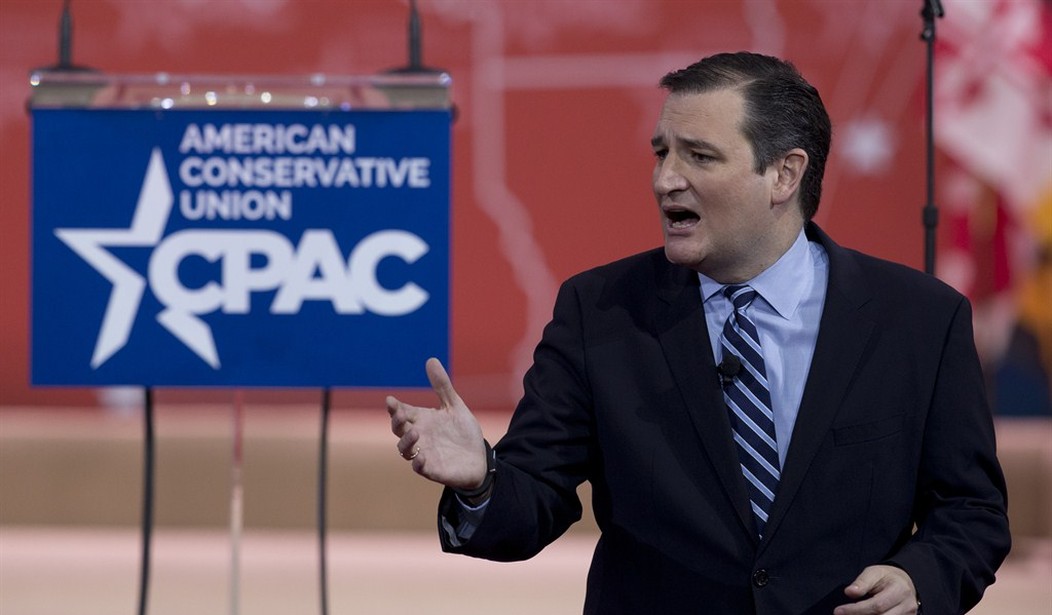Gentlemen (and lady), start your engines. Amid the swirl of rumors, "exploratory" efforts, polls, Political Action Committees, staff shake-ups, and
Advertisement
Sen. Ted Cruz plans to announce Monday that he will run for president of the United States, according to his senior advisers, accelerating his already rapid three-year rise from a tea party insurgent in Texas into a divisive political force in Washington. Cruz, scheduled to speak Monday at a convocation ceremony at Liberty University in Virginia, will not form an exploratory committee but rather launch a presidential bid outright, said advisers with direct knowledge of his plans, who spoke on condition of anonymity because an official announcement had not been made yet. They say he is done exploring and is now ready to become the first Republican presidential candidate.
Cruz has been a lightning rod ever since his upset victory over an establishment favorite in 2012's Senate primary in Texas. His intensity, unflinching conservatism, and aversion to compromise has delighted Tea Party and conservative activists, who form the core of Cruz's devoted fan base. These same qualities have also won him legions of detractors, many
Recommended
Advertisement
Advertisement
Cruz enters the race averaging less than five percent support among the national Republican electorate, sandwiched between Rubio and Rick Perry.

























Join the conversation as a VIP Member